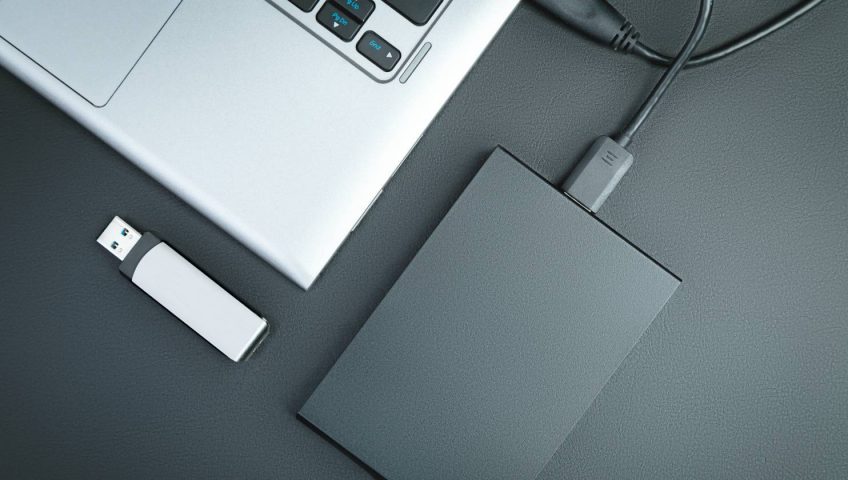If you’re one of the (many, many) people who ‘know they should back up their computer’ but don’t actually get around to it, you may ask – but WHY should I back it up? Well, to put it simply, catastrophes do happen. Even if you’ve taken all the best precautions against malware or virus attacks, hardware can still fail and human error can still occur. And if this is insufficiently backed-up business data we’re talking about, you are putting your entire business at risk.
There are few things worse than that sinking feeling that says:
‘I don’t have copies of that…’
Sometimes IT experts like our Geelong Technology Group team can recover some or all of your data, but, unfortunately, sometimes it is gone forever.
What is a computer backup?
A data backup is a second (and preferably third) copy of all of your important files – from photos and videos to documents and emails. A backup can also include a complete copy of your operating systems and programs – this is called an image backup.
This copy (or copies) is then stored elsewhere – perhaps an external hard drive, another machine on your network or to a cloud-based storage system.
How often should I backup my computer or network?
Essentially, you should be backing up your system every time you put something on your computer you don’t want to lose. In a business environment that means daily. For personal computer usage, it could also mean daily, but weekly or monthly may be more convenient, depending on your computer usage and the importance of your data and files.
What is the best backup storage solution?
Again, this is going to depend on your situation (and we recommend looking at two solutions, so that if one fails – or gets misplaced, for instance – you’ve still got access to your data).
CD or DVD Burning your backups to CD or DVD is a pretty old-school option nowadays, and quite time-consuming, but can still be a reliable choice while you’re looking into other methods.
USB Flash Drive This is an affordable, portable option, particularly for personal computer usage, BUT there are capacity limitations AND they are notoriously easy to misplace!
External Hard Drive These connect to one computer at a time and, with the right software, you can schedule backups and then not worry about them again.
*Note that hard disk drives run the risk of failure. Solid State Drives (SSD) have less risk, but can be more expensive.
NAS (Network Attached Storage) Device A NAS is a server dedicated to saving data. It can backup several computers at once and can be set to automatically backup to the schedule of your choice. This can be a solid option for small to medium businesses wanting to ensure their data is safely stored.
Cloud Storage Storing something in ‘the cloud’ is simply remote data storage accessed via the internet. This means that as long as you have internet access, you will have access to your data. (So if your office gets flooded and your computers have been fried – perish the thought – your business data will still be safe and dry!) A good cloud storage service will also keep your data safe with end-to-end encryption.
I am definitely ready to backup, but I’m still a little confused…
That’s fair enough! Backup solutions are one of the things we constantly get questions about. We know that determining what kind of computer data storage is right for your home or business – and when and how often to backup – can be confusing, which is why we’re here to help! Our team at Geelong Technology Group can walk you through the options and tailor a solution that exactly meets your data storage needs. And if it’s your business we’re protecting, our multi-layered approach of both onsite and secure cloud backups will ensure your critical information is well protected, giving you complete peace of mind.
Servicing homes and businesses in Geelong, Bellarine Peninsula, Surf Coast and surrounding regions, give us a call on (03) 5244 3030 and we’ll get you moving on the right backup track.

